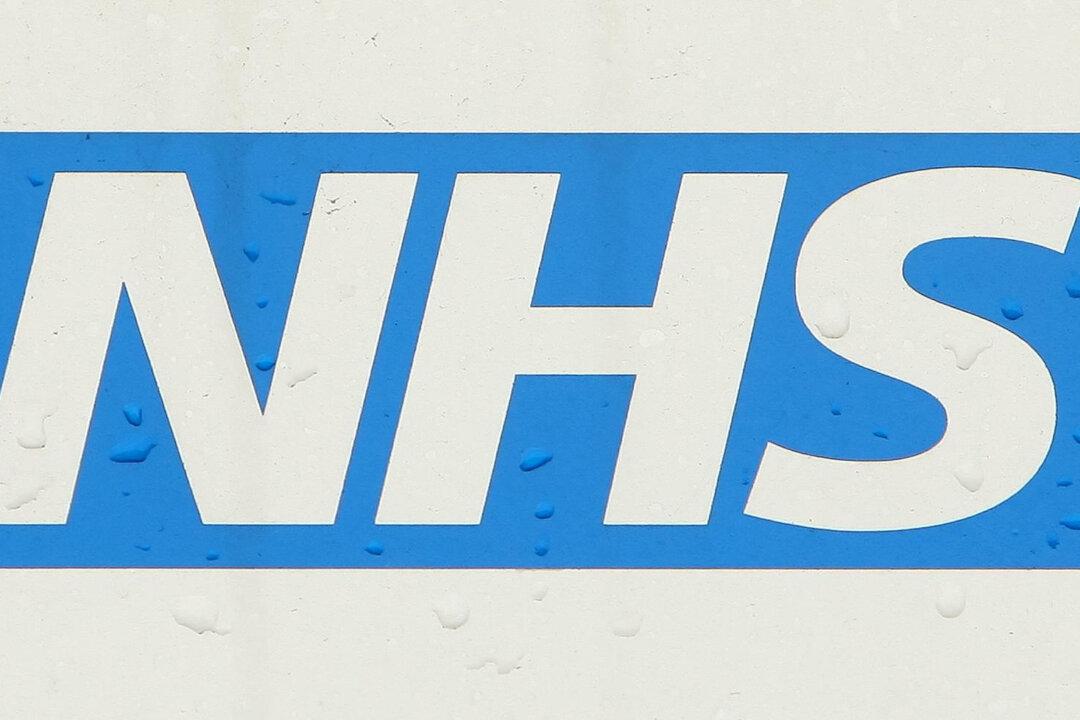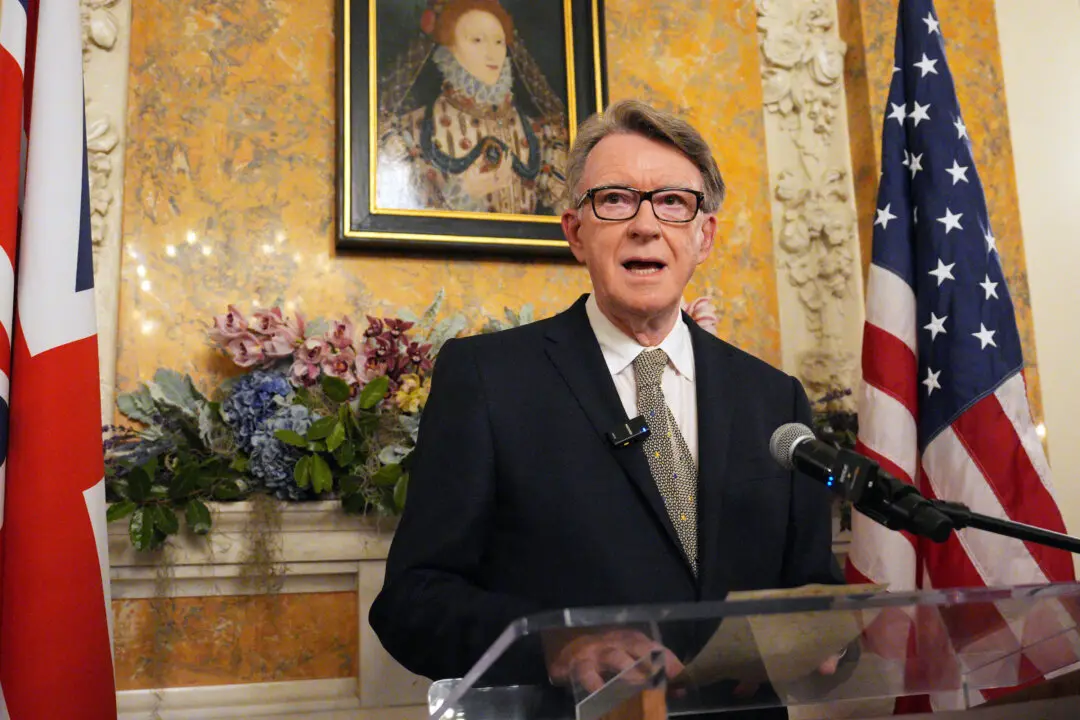The number of patients who may not exist but are registered with GP surgeries in England has increased by almost two thirds since 2018, potentially losing the NHS close to £1 billion, after an investigation into possible fraud was shelved.
The term “ghost patients” is used to refer to the gap between the number of patients registered with GPs and the number of people in the general population.





